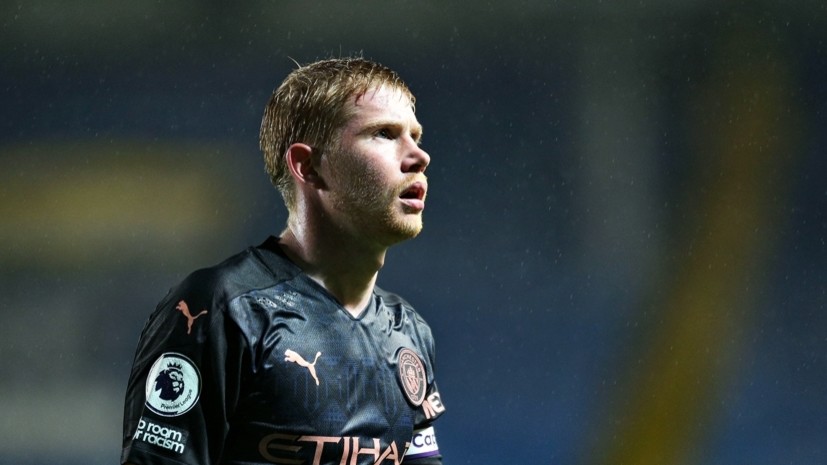In European football, reforms are being discussed that may affect the main club tournament of the Old World - the Champions League.
According to the British publication The Telegraph, in the near future UEFA plans to expand the group stage to 36 teams, which will significantly increase the number of matches at this stage.
According to preliminary estimates, the changes may come into effect as early as the 2024/25 season.
Due to the increase in the number of participants, the format of the tournament will also undergo cardinal changes.
Two options are currently being considered.
The first is more familiar to football fans and provides for the division of 36 teams into six groups - six in each.
Thus, the teams will have to play ten matches at this stage - five at home and five on the road.
This is almost double the current tournament model, where the number of meetings is limited to six.
At the same time, the second option is being discussed, which enjoys greater support among the organizers.
According to him, the structure of the group stage is supposed to be organized according to the so-called Swiss system.
In this case, each team will play ten matches with different opponents, and they will be determined based on their position in the standings.
A similar scheme is implemented in chess competitions, which eliminates meetings between leaders and outsiders and makes them more competitive.
Thanks to this, already at the group stage, the number of matches between top teams should dramatically increase, which will contribute not only to an increase in the level of play, but also to popularity among the audience.
Such measures will help the tournament become more attractive to television companies, which can subsequently lead to an increase in income from organizing the Champions League.
This is especially important in the current environment, when many clubs are in financial dire straits due to the coronavirus pandemic.
It is noted that the idea of a new format for the group stage of the Champions League was proposed earlier in 2020, but was initially received without much enthusiasm.
However, subsequent events related to pandemics forced the organizers to return to the discussion of this issue.
At the moment, there is an opinion that the innovations can be approved as early as 2021.
It is noteworthy that the new model of the Champions League is perfectly compatible with the reform plan of the English Premier League (Premier League), proposed by the country's top clubs, led by Manchester United and Liverpool.
According to him, the number of participants in the national championship is supposed to be reduced to 18 teams, and the FA Super Cup and the English League Cup will be abolished, which will free up time for more international meetings.
Nevertheless, there are a number of controversial points in the new model.
Of course, the main one is the increase in the number of matches in the group stage from six to ten.
Over the past years, many top teams have been forced to play regularly two days later on the third, and this season the calendar has become even more dense due to the pandemic.
The same giants of English football have to play in the national championship, the FA and English League Cups, as well as European cups.
All this inevitably leads to overwork and injury, as predicted by Manchester City midfielder Kevin De Bruyne in the summer.
“A large number of matches does not affect us in the short distance.
But I have concerns about the future.
Six months will pass, and we will all be broken physically and mentally.
The National Football Federations, FIFA and UEFA should pay attention to this.
But money rules the game, yes.
As footballers, we can only follow this, "- quoted de Bruyne after the defeat to Lyon in the Champions League quarterfinals of the Belgian edition of Het Laatste Nieuws.
It is difficult to see how UEFA plans to integrate the aforementioned ten group stage matches into the schedule.
For example, last year the stage took 12 weeks, during which the teams held six meetings.
Theoretically, there should be a place in the schedule, but in practice it is occupied either by games of national championships and cups, or by national teams.
Do not forget about qualifying tournaments for the world and European championships, as well as the League of Nations.
The first cannot be abolished, since they determine the participants in future major international tournaments, and the second, although it is a semi-friendly championship, brings serious income to UEFA.
In the financial report for the 2018/19 season, the leaders of the Union noted a solid increase in profits, and the launch of the League of Nations was named as one of the main reasons.
In addition, the new format of the Champions League threatens to leave less powerful teams with little or no major checks in the form of giants.
If the stage is held according to the Swiss system, the recorded outsiders will quickly find themselves at the bottom of the standings and will be forced to meet with their own kind, which will actually deprive them of their motivation and incentive to compete in the international arena.
These games are unlikely to attract viewership, which will negatively affect ticket and TV sales alike.

